
Book
The Disconnect
A Personal Journey Through the Internet
Recommendation
By 2019, some 4.3 billion people were plugging into the internet every day, with the average user spending more than six hours per day online. Unsurprisingly, that changed people, and in this witty, perceptive exploration, Roisin Kiberd examines how. In a series of highly personal essays, she delves into such topics as Facebook’s “surveillance capitalism,” internet addiction and technology’s effects on emotional and physical well-being.
Summary
About the Author
Roisin Kiberd has written about technology and culture for The Guardian, Vice and Motherboard. Her essays have appeared in The Dublin Review, The White Review, The Stinging Fly and Winter Papers.
Learners who read this summary also read
Book
Article
Book
Book
Book









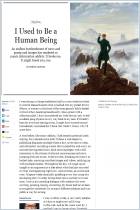
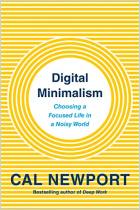
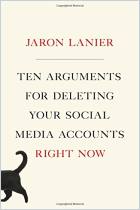
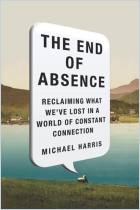
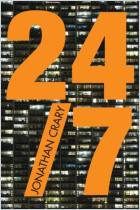
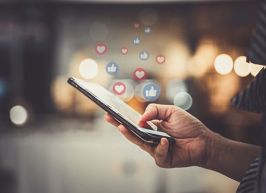

Comment on this summary or Iniciar a Discussão